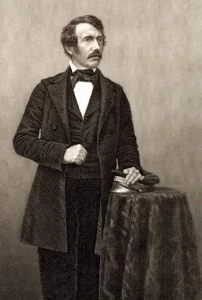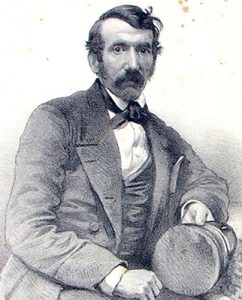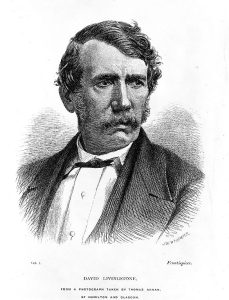The year 2013 marked a significant milestone in global history as communities across the world came together to celebrate the bicentenary of one of the most influential figures of the 19th century—Dr. David Livingstone. Born on March 19, 1813, in Blantyre, Scotland, Livingstone is remembered not only as a pioneering explorer but also as a passionate advocate for the abolition of slavery, a dedicated missionary, and a visionary in the fields of medicine and education. The bicentenary events honored his enduring legacy, highlighting his contributions to Africa and the world.



A Global Commemoration
The 200th anniversary of Livingstone’s birth was commemorated through a series of global events, with major celebrations taking place in both Scotland and Zambia—two regions deeply connected to his life and work. These celebrations served as a reminder of Livingstone’s profound impact on history, culture, and social justice.
In Scotland, Livingstone’s birthplace of Blantyre became the focal point for numerous activities, including exhibitions, academic conferences, and community events. The David Livingstone Centre hosted special displays of his personal artifacts, maps, and writings, offering visitors a glimpse into the life of the man who once dreamed of bridging continents through exploration and humanitarian work.
In Zambia, the town of Livingstone—named in his honor—held a series of events that drew visitors from across Africa and beyond. The celebrations in Zambia emphasized Livingstone’s role in the country’s history, particularly his efforts to end the slave trade and his contributions to medical and educational advancements.
Key Events and Highlights
The bicentenary was marked by a diverse array of events, each designed to reflect different aspects of Livingstone’s life and achievements. Some of the key highlights included:
- Cultural Festivals: Both in Scotland and Zambia, cultural festivals were held to celebrate the rich traditions of the regions Livingstone influenced. These festivals featured traditional music, dance, and art, bringing together communities to honor his legacy in a spirit of unity and diversity.
- Educational Initiatives: Education was a central theme of the bicentenary, with schools and universities participating in programs that explored Livingstone’s contributions to science, geography, and social justice. Special educational packs were developed to help students understand the significance of Livingstone’s work and its relevance to contemporary issues.
- Exhibitions and Conferences: Museums and academic institutions organized exhibitions and conferences that delved into Livingstone’s life, his journeys across Africa, and his impact on the world. These events provided a platform for scholars, historians, and the public to engage with Livingstone’s legacy from various perspectives.
- Medical and Humanitarian Projects: Reflecting Livingstone’s commitment to healthcare and human rights, several medical and humanitarian projects were launched in his name. These initiatives focused on improving access to healthcare in Africa, supporting anti-slavery campaigns, and promoting the values of compassion and service that Livingstone championed.
Livingstone’s Legacy Today
David Livingstone’s bicentenary was not just a time to look back at his achievements, but also an opportunity to reflect on the ongoing relevance of his work. Livingstone’s legacy continues to inspire efforts in education, healthcare, and social justice across the globe. His life’s work serves as a reminder of the power of compassion, determination, and the pursuit of knowledge in making a positive impact on the world.
The bicentenary also underscored the importance of continuing the work that Livingstone began. From anti-slavery initiatives to medical exchanges between Zambia and Scotland, the events of 2013 were a call to action for the global community to carry forward his mission of improving lives and fostering understanding across cultures.
A Lasting Impact
As the world celebrated the 200th anniversary of David Livingstone’s birth, it became clear that his legacy is as relevant today as it was in the 19th century. The bicentenary events brought people together to honor a man whose life was dedicated to exploration, education, and the betterment of humanity.
The year 2013 was a year of remembrance, learning, and inspiration, as communities across the globe reflected on the life of David Livingstone and the enduring impact of his work. As we continue to face challenges in our world today, Livingstone’s legacy offers a guiding light, reminding us of the difference one person can make in the pursuit of a better future for all.
Recent Comments